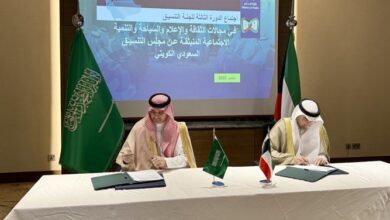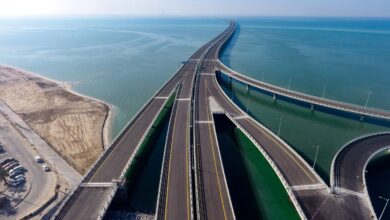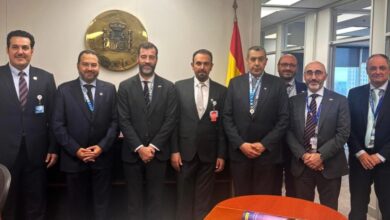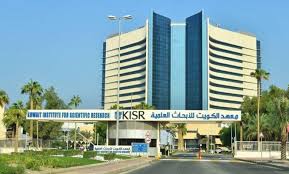Kuwait’s financial prospects in 2024: positive outlook
Reforms and investment are key to unlocking Kuwait's economic potential. However, political deadlock threatens Kuwait's economic progress.

A recent report by Oxford Business Group (OBG) has highlighted Kuwait’s strong economic position as it enters 2024. The report attributes this to the country’s improved fiscal balances and overseas investments. It further explains that since late 2023, policymakers have had opportunities to enhance long-term sustainable growth. However, these opportunities will only materialize after addressing prevailing challenges in local markets.
The report outlines the dual nature of Kuwait’s economic landscape in 2024, noting both potential obstacles and gains. While the impact of declining oil demand and political issues could pose challenges, Kuwait’s financial outlook remains positive due to its improved fiscal and external balances.
Reforms and diversification
OBG identifies several areas of opportunity for the Kuwaiti economy, particularly in financial and structural reforms, diversification, and strategic investments. Initiatives such as the launch of a development fund and the government’s four-year action program represent significant steps towards stimulating the economy and attracting investment. However, fully unlocking the potential of these opportunities hinges on resolving political differences and introducing key reforms, including new taxes, in Kuwait.
Addressing internal economic challenges
The report acknowledges the internal economic challenges faced by Kuwait, noting that delays in implementing necessary fiscal and structural reforms could lead to an unbalanced fiscal policy and undermine investor confidence. Such delays could also hinder Kuwait’s progress towards economic diversification. Conversely, political deadlock in Kuwait could impede the acceleration of essential fiscal and structural reforms, which are crucial for bolstering investor confidence and stimulating the private sector.
Oil revenues and fiscal discipline
Despite the challenges it faces, Kuwait maintains a positive financial outlook. Public financial balances have improved, and external financial reserves have increased. The non-oil fiscal balance has also strengthened. This improvement is attributed to rising non-oil revenues and spending controls in the general budget, which have boosted the non-oil fiscal balance by around 2% of non-oil GDP in fiscal year 2022/2023.
Diversifying the economy
Similar to other Gulf economies, Kuwait has ample fiscal leeway. However, further fiscal discipline in Kuwait’s general budget is necessary to support growth and enhance fiscal sustainability. The expansionary fiscal policy planned by Kuwait in the 2023/2024 budget draft is appropriate. From the next fiscal year onwards, Kuwait’s fiscal consolidation process should aim to boost non-oil revenues and enhance investment spending to underpin economic growth.
Revenue-enhancing measures
Potential revenue-enhancing measures for Kuwait’s general budget in the next fiscal year could include introducing excise taxes and value-added taxes (VAT), expanding the scope of income tax to cover domestic companies, and focusing on reducing the government wage bill and phasing out energy subsidies while improving income support.
VAT and corporate tax
While VAT implementation may not be on the immediate agenda in Kuwait, despite recommendations from the International Monetary Fund (IMF) and a GCC agreement to adopt similar tax measures, introducing VAT in Kuwait may not be feasible unless the political climate improves sufficiently to gain parliamentary approval. Conversely, the corporate tax framework may be more achievable, with the government aiming to implement it in 2024.
Effective investment
Further structural policies aimed at diversifying Kuwait’s economy would be welcome. In addition to Kuwait’s reform and governance efforts to promote growth, effective investment in infrastructure, digital initiatives, carbon emissions reduction initiatives, and service sectors such as tourism could accelerate economic diversification and support Kuwait’s energy transition efforts.












